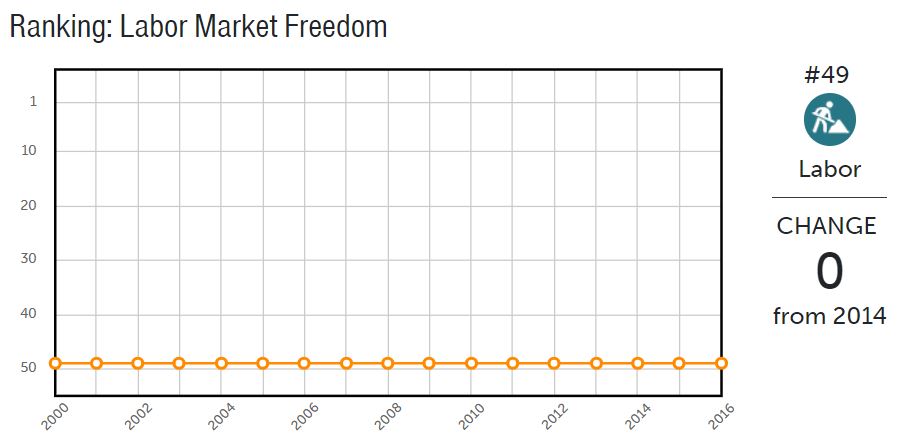Yorke, Stenhouse, Walsh, and One-Way Fairness
In all the heat and contention, an important point slipped through on the episode of Dan Yorke State of Mind on which RI Center for Freedom & Prosperity CEO Mike Stenhouse debated National Education Association of Rhode Island Executive Director Robert Walsh:
Stenhouse was arguing, correctly, that teachers have a legal right to representation outside of their labor union. Walsh was arguing, correctly, that the labor union has an increased interest in conflicts that arise within the “four walls of the contract” — that is, grievances arising from matters that fall under its unique scope. And Yorke was stating, reasonably, that it isn’t really fair to force unions to spend money representing people who don’t pay into it.
On that last point, Stenhouse noted that the Supreme Court itself balanced this “free rider” issue against the decades of money that unions have collected from non-members against their will. I’d go a bit farther, though. Supporters of labor unions find it fair to force employees in a workplace to belong to unions and adhere to union contracts even if they’d prefer to make their own arrangements because that is for the good of the whole. Just so, having a unified system for representing people in a bargaining unit could be said to be in everybody’s interests, even if those people don’t pay into it. More directly, offering “free” services to non-members can still be in the financial interest of the union because accepting that burden gives them access to the larger, unionized workforce.
Fairness has to go both ways.
Now to the legal point: Walsh is correct to cite the four walls of the contract. In each district, that contract binds the school department, the union’s members, the non-union teachers, and the union. As I’ve already explained, at least in the case of Bristol-Warren, the existing contract does not allow an additional fee. However, it does place the burden of representing all teachers in grievances on the union.
If the union thinks this is unfair, then it must renegotiate the contract to include a fee, a concession for which a responsible school committee would extract something. The union can’t simply create new terms in its favor just because one of its provisions turned out to violate the rights of non-members. In asserting this future possibility as a present fact, the union is deceiving teachers.
Again: Fairness has to go both ways.

